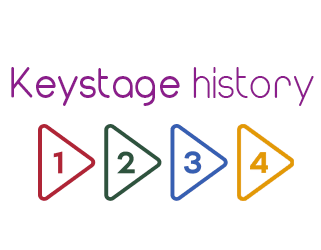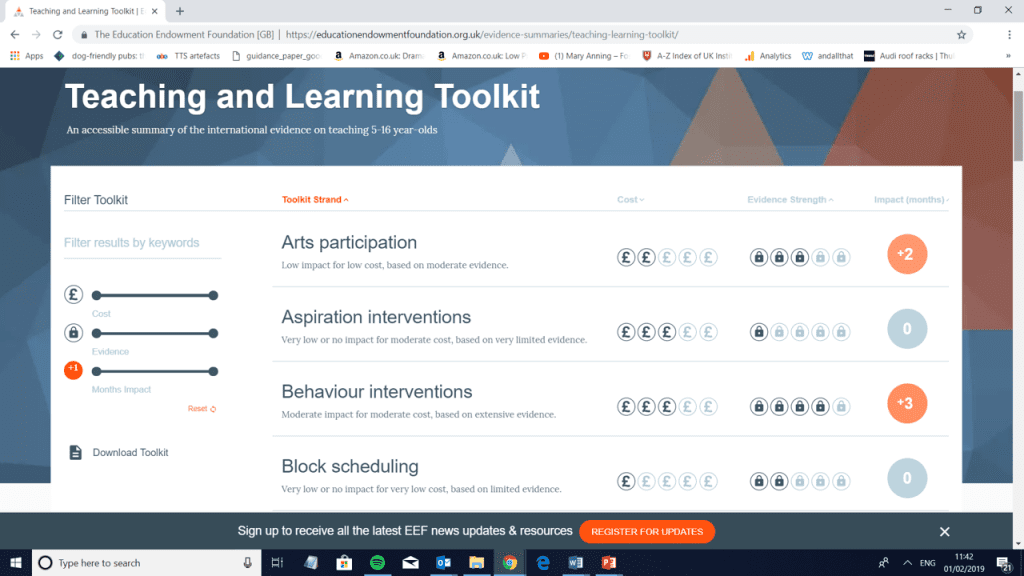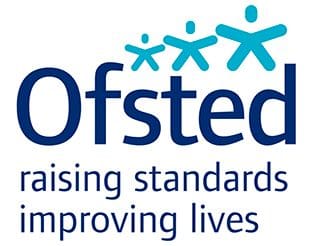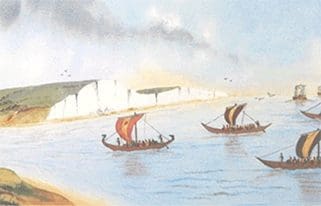
Kate Smee,Director of Humanities, Fairfield High School, Bristol recently gave a couple of examples of what works for her on the HA site Onebighistorydepartment.As a starting point I would recommend anyone looking at this looks at the EEF Teaching and Learning Toolkit (https://educationendowmentfoundation.org.uk/evidence-summaries/teaching-learning-toolkit/) which ranks different interventions by both impact and cost. Chief amongst these in my view would be actively teaching meta cognition-the explicit teaching of skills we take for granted.
The next step that I would recommend is to make learning as simple as possible, – to remove as many of the barriers to learning as is in your power. This means thinking about what students need to know, and then simplifying the learning process by being completely explicit about that. Knowledge organisers are one way to do this, and the ‘vocabulary’ section of these is vital for disadvantaged students. Other strategies I have found to be particularly impactful would be the use of pre-set quiz questions for the first round of knowledge work. These would most commonly be used in year 10, and throughout the course for lower attaining pupils. If you set a knowledge test on the causes of American involvement in the Korean War – you tell the students what the questions will be and what the answers are. You’ll need to think carefully about these questions – but then the task seems tangible and achievable for even the student with the lowest academic confidence, and at the end they know what you needed them to know.







